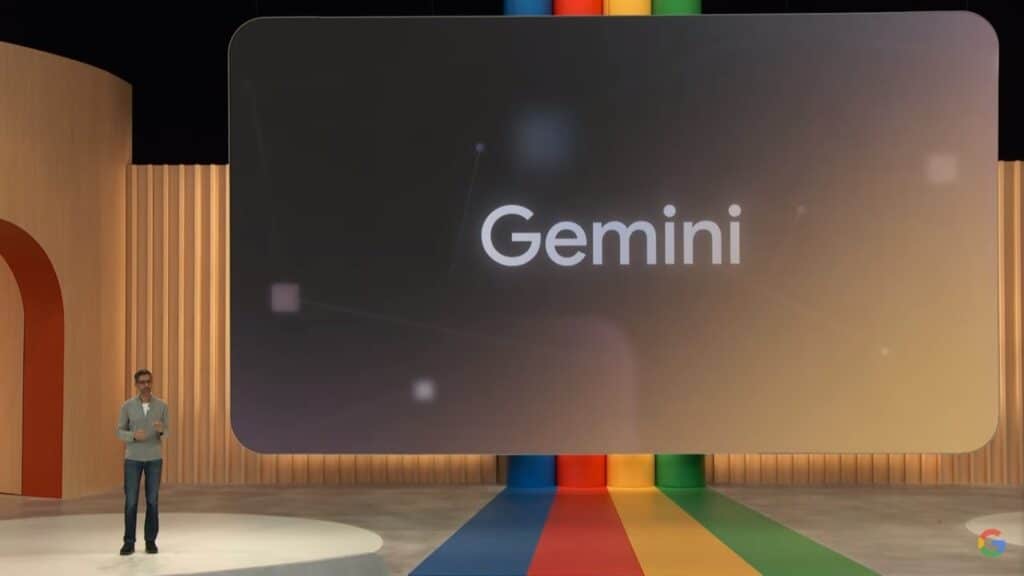Artificial intelligence is at yet another epochal turning point in just a few years. Gemini, the new AI model developed by Google, clearly beats every rival, outclassing the performance of the most advanced GPT-5 by 4 times according to SemiAnalysis. A sensational overtaking that relaunches Google in the race for artificial intelligence.
The SemiAnalysis report, a leading semiconductor analytics company, reveals that Gemini marks Google's comeback in the field of AI. After having chased its rivals OpenAI and Midjourney for a long time, the Mountain View giant seems to be forcefully back in the lead thanks to this new generation AI, destined to revolutionize future scenarios.
Gemini, the AI that even outclasses GPT-4
Tests conducted by SemiAnalysis indicate that Gemini is currently 5 times better performing than GPT-4 models, the most advanced available today. A huge leap forward, which amazes professionals and projects Google into the role of undisputed leader in the development of artificial intelligence.
According to projections, Gemini could come to be even 20 times more powerful than ChatGPT by the end of 2024, opening up unimaginable scenarios. The "sleeping giant" Google has awakened, analysts point out, and its AI seems destined to dictate the law.

Nice words, but nothing has reached the public (and perhaps that's a good thing): the unknowns about the impact
However, the very revolutionary nature of Gemini leads Google to be cautious about its release to the public, due to the potential disruptive effects on creativity and consolidated business models. The real implications are not yet clear, but they demonstrate the extent of the challenge posed by this highly evolved AI.
Even the Center for AI Safety, while recognizing the progress made by Google, warns about the problems of large neural networks like Gemini. The proliferation of next-generation generative AI models raises questions about the impact they could also have on a social level. I mean, as long as it's not a statement from Google that it aims only at marketing (to avoid losing ground, given that its "operational" AI they can't keep up with ChatGPT) the risk is limited.
Either way, governments around the world are waking up to the need for AI governance. The rise of Gemini, with its disruptive potential, must accelerate this process towards ethical and forward-thinking regulation of technologies that will so profoundly shape our future.


